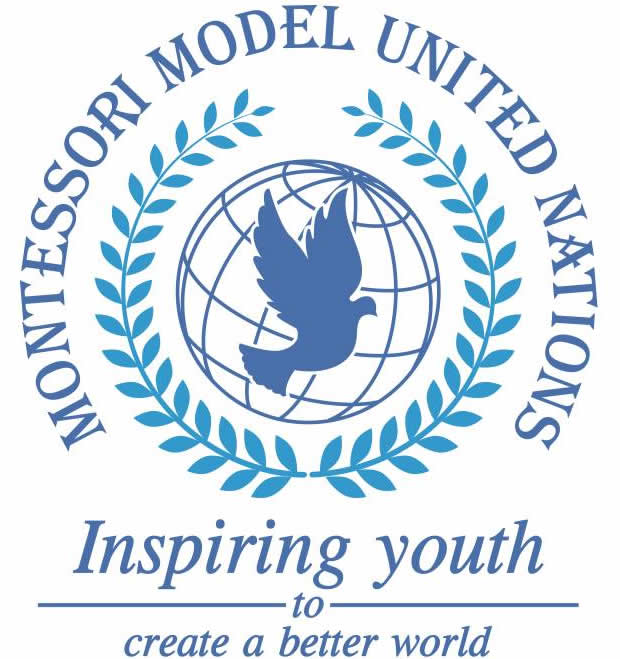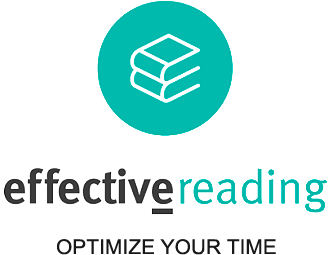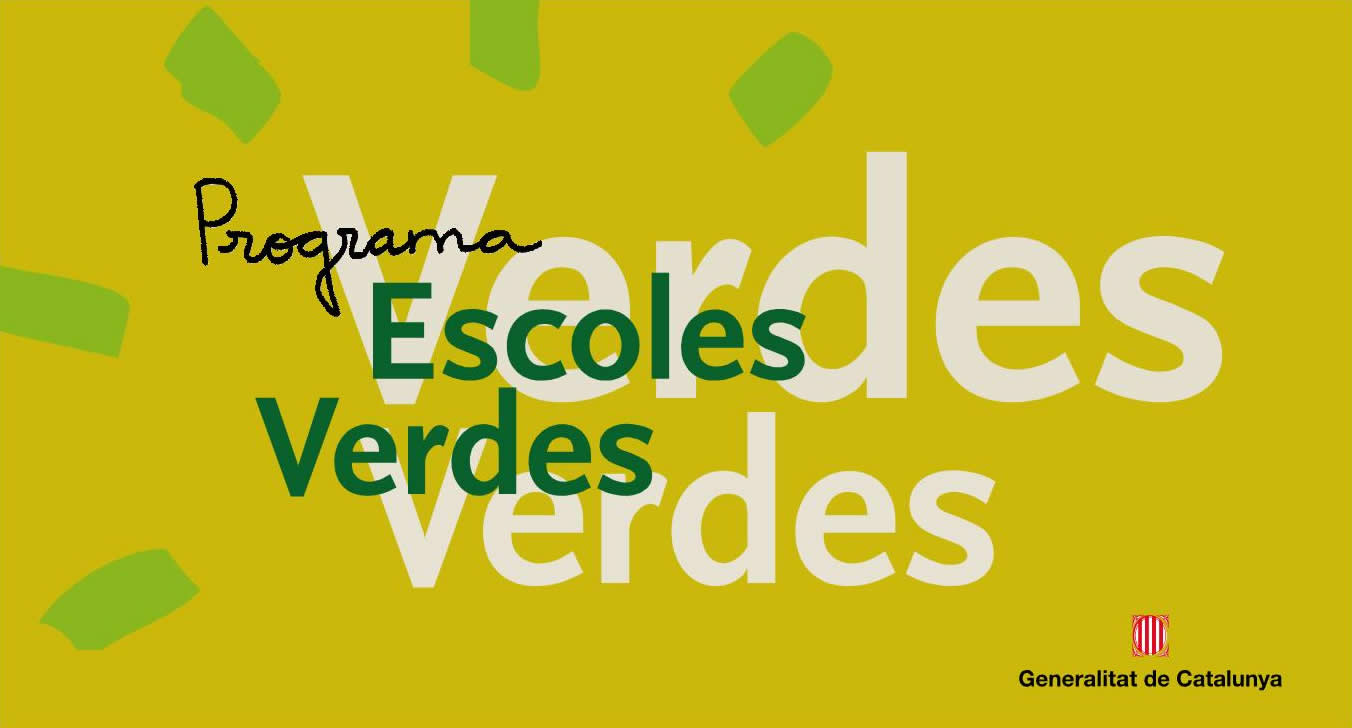Frequently asked questions
Why is attendance at all training sessions mandatory and so important?
Because it is the only way to show the player’s firm commitment to the team.
With regular attendance and no “absurd” absences, the player shows his/her firm commitment to the team by attending every training session and match, and to answer for his/her responsibilities towards the coach and teammates. This involves personal planning both academically (private classes, studying for exams...), leisure (birthday parties) and health (medical visits...) that allow the players to respect this sporting commitment. Is there a more explicit way to demonstrate commitment?
What if I haven’t planned well and I have exams?
Well, this is the first opportunity you have to show your commitment and assume the consequences by attending the training session or playing the game and learning the lesson for next time. Situations like this will provide you with a very valuable lesson and you will find that your self-esteem is further strengthened because you have been able to fulfil your commitment.
How is it that Club Montessori Palau does not have a signing and player selection policy?
Because the club is convinced that talent and work are the two necessary ingredients that must be developed in every single player. Therefore, any player, regardless of their talent, with well-guided work, will successfully develop their potential.
Why is the team more important to the Club than the player?
Because seeking individual success instead of the team’s success, in the medium term, will limit individual improvement. On the other hand, the focus on improving the group brings consistent improvements in the growth of all players, who face constant challenges. Experience shows us, year after year, that the club must provide a vision of the future, prioritising the possibility of continuity to encourage athletes to be able to play for as long as possible.
How important are competition results in the early stages of a player’s training?
Of minor importance, since the work that is carried out focuses on learning how to be constant in practice to improve every day. It focuses on the continuity of the practice in the medium and long term. If the results of the competition are taken as a reference, the player becomes disoriented, suffers from unproductive frustration, and loses the desire to continue training.
How important are competition results in the player’s training?
Very important, since a player has to learn how to compete well, which means knowing how to win and how to lose, on the one hand, and to identify areas for improvement to continue learning.
If you feel tired or have a lot of homework to do, should you stay to train?
Quite often fatigue is not so much physical but psychological. Think about what activities you have focused your energy on throughout the day. Despite feeling tired, setting that feeling aside and going to train can help you overcome this tiredness, while countering it with real physical effort. The field of neuroscience is becoming more adamant in its conviction of how physical exercise brings multiple benefits to academic performance, memorisation, self-control, and problem solving, as it increases the production of the neurotrophic factor related to memory and learning. Therefore, don't think about it and stay to train because the later study time at home will more beneficial.
If you feel stressed, should you stay to train?
It is an established fact that physical activity and sport help to regulate states of anxiety and stress since physical exercise favours the release of molecules and neurotransmitters that modulate cognitive and emotional processes. The release of endorphins and the increase in dopamine during physical exercise promotes a feeling of well-being, in addition to strengthening the immune system. Serotonin is also generated, which is a powerful mood regulator. Associating physical activity with a positive emotional state, as it is an activity that allows you to be with your colleagues and enjoy the game, will also allow for the reduction of cortisol and therefore stress.
Can I train if I’m not wearing the right clothes?
Sportswear should always be worn. If this is not the case, you must stay to train and you can help the coach in organisational tasks, listen and watch the training session to help in whatever is needed. This will leave you with a better feeling than not having completely giving up on participating, which would be conceived as you shying away and further worsening the mistake of having forgotten your training clothes.
Why do we at the club want to train and play, whenever possible, on the outdoor courts?
We consider that we are in a privileged environment surrounded by nature, we want to breathe in fresh air and enjoy the outdoor space where all the senses are favoured (hearing, smell, visual relaxation, light...) and where we are closer to the water fountains. Not all clubs have the possibility of having outdoor courts in optimal conditions for practising sports. We want to look upon the indoor facilities as to be used on days when the adverse weather conditions do not allow for outdoor use and therefore force us to take refuge and sacrifice our vital space (both for the players and the attending public).
In addition, we are convinced that practising sports outside strengthens our health and helps us to work with athletes who are more capable and resistant to all kinds of conditions.
Is it convenient to have a snack before training?
It is advisable to eat something light before training given the time that has passed since lunch. There is no need to bring a snack because the Club offers snacks for all athletes from secondary school onwards. The primary school athletes have their snack in the classroom.
What is the importance of the activity support tasks assigned to the athletes at Club Montessori Palau, such as collaborating in timing tasks on the basketball tables, preparing the tables, taking care of the facilities, gathering the material...)?
It is important, because, in addition to contributing to metacognition and improving the learning of sport, they allow us to work on generosity, which is one of the identifying values of our club. Generosity beyond mere sporting activity will bring transfer to the player in his/her performance in the form of self-control and knowing how to behave.












